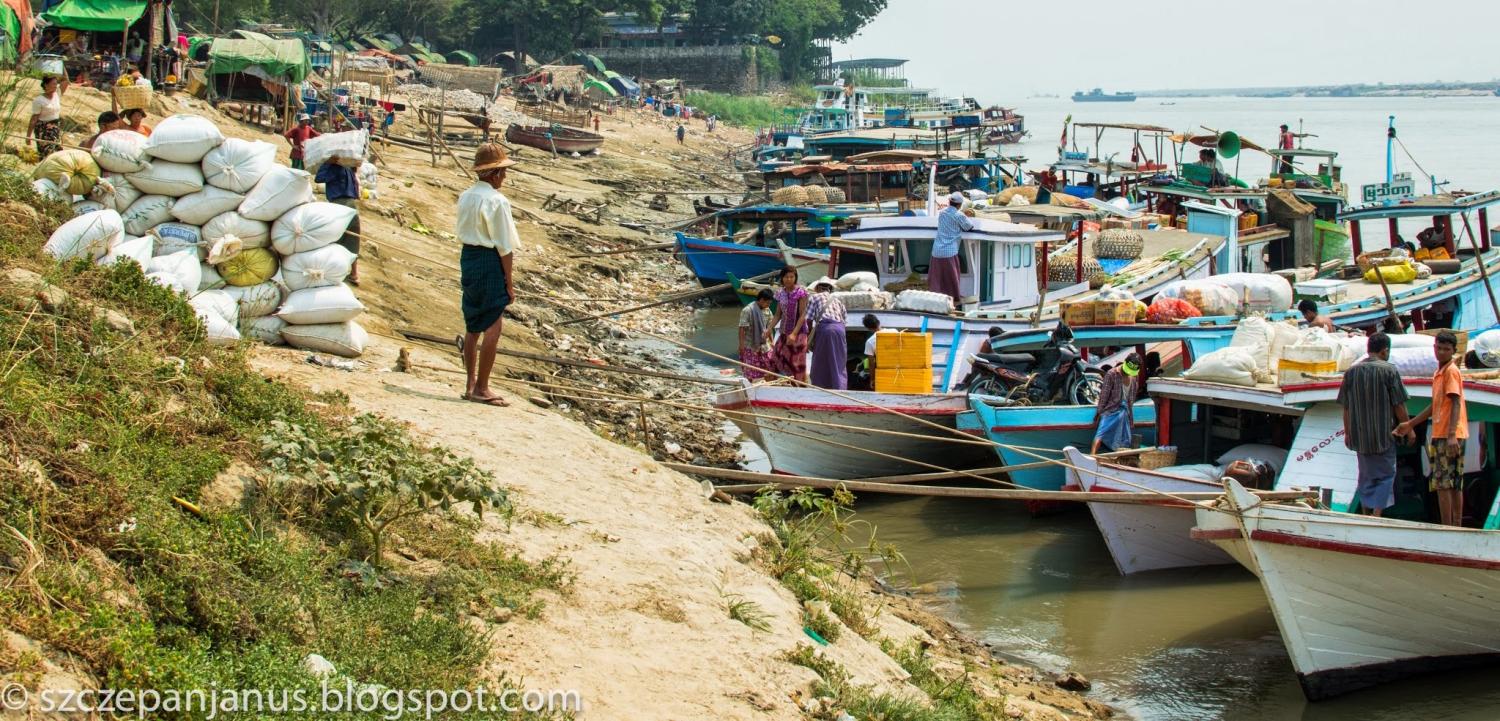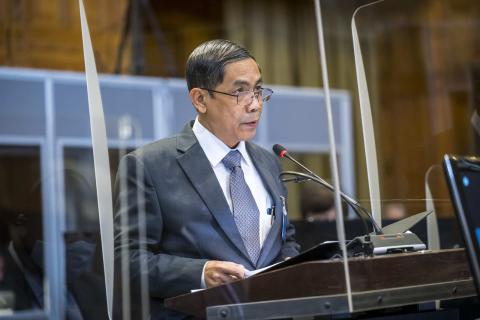Imposing sanctions always creates challenges. Sanctions provide targeted states with an excuse to shift blame onto outside forces. They tend to concentrate wealth into the hands of the most politically connected. They are rarely powerful enough to shift behaviour, especially when the behaviour being condemned is seen by the target state as a core security concern.
So although the US State Department announced this week that it is considering new sanctions against Myanmar due to the atrocities in Rakhine State, any such sanctions are unlikely to have much impact.
The Tatmadaw, as Myanmar’s military is known, has since the late 1950s seen itself as the only organisation that can preserve the unitary state now awkwardly called the Republic of the Union of Myanmar. State-building in Myanmar/Burma has faced immense challenges, the greatest of which is that a number of significant minority groups were uninterested in and/or excluded from the project of creating an equitable multi-ethnic state. Civil war between the Tatmadaw and minority groups has been ongoing since independence in 1948.
Over time, the Tatmadaw developed a clear sense of ethnic groups that were to be included in the state-building project and those that weren’t. Those that were part of the 'eight major national ethnic races', such as the Karen, Kachin and Arakan (Rakhine), were to have their insurgencies defeated or bought off, then folded into a majority-Bamar-led nation. Other groups were not to be part of the national club.
Anthropologists will tell you that these categories are grossly over-simplified and misleading. Be that as it may, what is important is that the military conceived of national races in this way and most citizens have come to think along these lines too. The Tatmadaw has long tried to get groups that came to Burma later, especially from China or the Indian subcontinent, to leave. Since the 1950s, various measures such as eminent domain, educational restrictions, access to finance and cultural repression have been used to get ethnic Chinese and Indian residents to leave.
The Rohingya are perhaps the most unwelcome of these groups. They are widely seen as recent interlopers, illegal immigrants who have no place in Myanmar. Thus, when ARSA (Arakan Rohingya Salvation Army) formed and conducted attacks last October and again in August, it gave the Tatmadaw a perfect pretext for pushing the Rohingya out through counter-insurgent 'clearance operations'.
Given the breadth and violence with which this campaign has been prosecuted, there has been talk about re-introducing sanctions. The US State Department this week made the clearest move in that direction, issuing a statement that will stop many Myanmar military and business leaders from being able to visit the US and which will cut exchanges with military officials. It also states that options at the UN are being explored, as are options under the Global Magnitsky Act which allows the US to seize in-country assets of individuals responsible for human rights violations and bans travel to the US.
To see why these measures won’t have much of an impact, it is instructive to briefly think about previous US sanctions against Myanmar, which were broad until they were almost all rolled back under the Obama Administration.
From 1997 all new US investment into Burma was banned and explicitly linked to the large-scale repression of, or violence towards, the democratic opposition and Aung San Suu Kyi. The US slapped another more severe round of sanctions on Myanmar in 2003 by prohibiting the import of any Myanmar-made product into the US. This was in response to the Depayin Massacre, during which Aung San Suu Kyi and her supporters were set upon by a group of several thousand attackers. Also, the Tom Lantos Block Burmese JADE (Junta's Anti-Democratic Efforts) Act of 2008 prohibited US imports of jade and ruby from Myanmar. Reliable numbers are hard to come by, but a Global Witness report estimates jade exports to be worth perhaps $31 billion annually.
If these and other US sanctions could be said to have had any positive effect in Myanmar, it is that they eventually forced the Junta to deal with Aung San Suu Kyi. Sanctions were seen by US policy makers as giving her leverage and she supported them for that reason. And indeed, the Tatmadaw couldn’t cut Aung San Suu Kyi out of negotiations to remove sanctions, so the sanctions encouraged the regime to compromise with her.
What sanctions failed to do was induce the military to give up on its core concerns: ensuring stability in politics in order to pursue victories against ethnic armed groups.
Consequently, sanctions will fail again. This is firstly because ridding Rakhine State of the Rohingya has become bundled into the Tatmadaw's near-sacred idea of what the natural order for the country should be. The Tatmadaw is prepared to suffer sanction for it. We don’t know for sure yet what the proposed new sanctions might be, but they will almost certainly be far too narrow to alter the way the military thinks about the costs versus benefits of what they’re doing in Rakhine State.
Secondly, military leaders know they enjoy mass support on the issue amongst the Bamar majority as well as much of the National League for Democracy’s leadership. This convergence has led to the surreal sight of protesters (against foreign media and the UN) holding signs saying 'We support the military and Aung San Suu Kyi'. Locals tend to dismiss foreign coverage of the plight of the Rohingya as fake news. There is thus no political division for sanctions to exploit this time. Instead, sanctions would likely increase support for the Tatmadaw, gifting it the us-versus-them mentality it tried and failed to instill in the citizenry for years.
It would be ironic indeed if a new round of sanctions gave the military the domestic legitimacy of which previous sanctions once starved it. What sanctions won’t do is alter the brutal facts on the ground in Rakhine State.
Photo by Flickr user Szczepan Janus.

